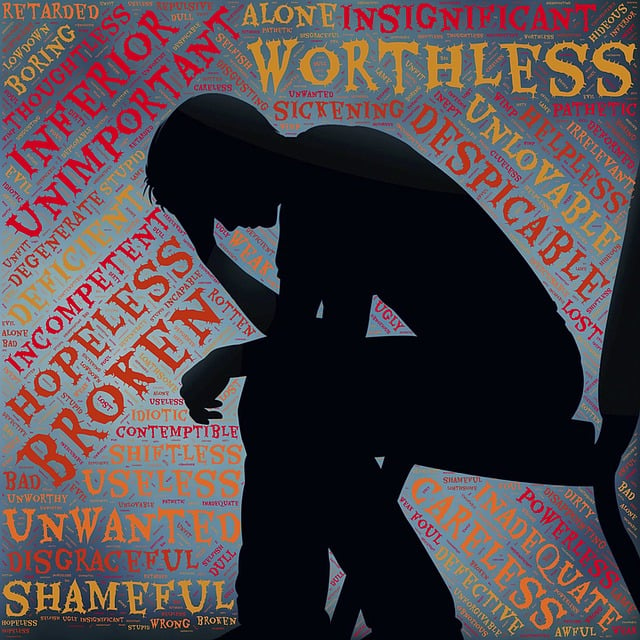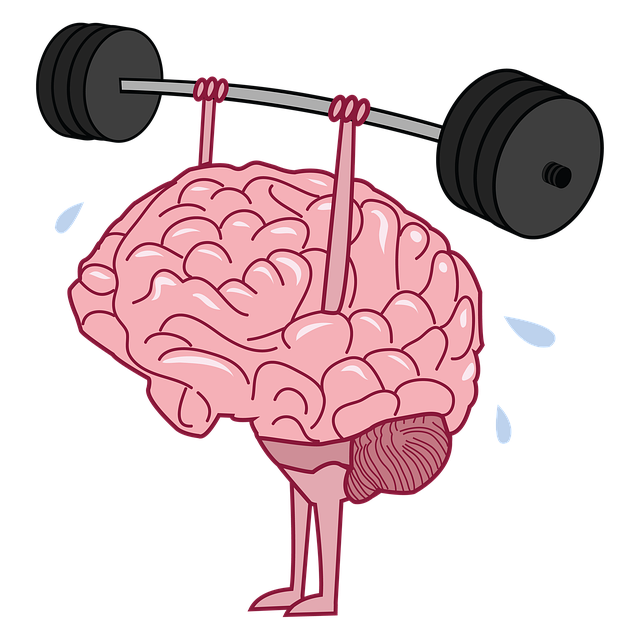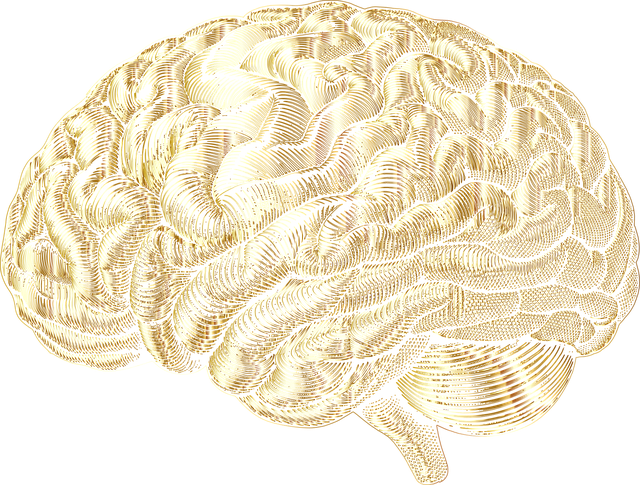Empowering Colorado Springs: Campaign Strategies for Abuse Survivor Support
Public awareness campaigns in Colorado Springs play a vital role in addressing trauma within its div…….
In the intricate landscape of mental health support, specialized therapies emerge as beacon of hope for survivors of abuse. Among these, Colorado Springs Abuse Survivors Therapy (CSAST) has garnered significant attention and recognition globally. This therapeutic approach is tailored to address the unique needs of individuals who have experienced various forms of abuse, offering a path towards healing and empowerment. In this article, we embark on an in-depth exploration of CSAST, delving into its essence, impact, and role in shaping a better future for survivors worldwide. By the end of this journey, readers will gain valuable insights into the significance of this therapy, its applications, and the potential it holds to transform lives.
Colorado Springs Abuse Survivors Therapy is an evidence-based therapeutic model designed to support individuals who have survived trauma resulting from abuse, including physical, emotional, sexual, or psychological maltreatment. The therapy focuses on helping survivors process their experiences, manage symptoms of post-traumatic stress disorder (PTSD), and regain a sense of control over their lives.
The core components of CSAST typically include:
Trauma-Informed Care: This approach recognizes that trauma has profound effects on the brain, behavior, and overall functioning. Therapists create a safe and supportive environment to help clients process traumatic memories and emotions.
Cognitive Behavioral Therapy (CBT) Techniques: CBT is employed to challenge negative thought patterns and beliefs arising from the abuse. Clients learn coping strategies, problem-solving skills, and healthy ways of interacting with their environment.
Eye Movement Desensitization and Reprocessing (EMDR): EMDR is a specialized therapy that assists clients in reprocessing traumatic memories and reducing their intensity. It involves bilateral stimulation, such as side-to-side eye movements or tones, to help the brain process and integrate disturbing memories.
Emotional Regulation Strategies: Survivors are guided to identify and manage intense emotions, such as anger, fear, or guilt, often triggered by reminders of the abuse. Techniques include mindfulness practices, relaxation exercises, and emotional grounding strategies.
Restoring Sense of Safety and Self-Worth: CSAST aims to help survivors rebuild their sense of safety in relationships and surroundings. It encourages self-exploration, positive self-affirmations, and the development of a strong support system.
The roots of CSAST can be traced back to the late 20th century when mental health professionals began recognizing the unique challenges faced by abuse survivors. Traditional therapeutic approaches often failed to address the complex trauma these individuals experienced. As a result, specialized programs started emerging, focusing on trauma-informed care and evidence-based treatments.
The name “Colorado Springs” is associated with this therapy due to its origin and early development in the city of Colorado Springs, Colorado, USA. The local community’s commitment to supporting survivors of abuse played a pivotal role in shaping this therapeutic approach. Over time, CSAST evolved into a structured model, gaining recognition and adoption worldwide.
Colorado Springs Abuse Survivors Therapy has transcended geographical boundaries, leaving an indelible mark on mental health support systems globally. Its influence can be observed across various regions, each adapting the therapy to suit cultural and societal contexts:
North America: In the United States and Canada, CSAST is widely adopted in community clinics, hospitals, and specialized trauma centers. It has been integrated into national guidelines for treating PTSD, particularly among vulnerable populations.
Europe: European countries have embraced CSAST, with variations tailored to their specific healthcare systems. The therapy is increasingly recognized as an effective approach for treating complex trauma, leading to its inclusion in numerous national healthcare policies.
Asia and Pacific: In regions like Australia and New Zealand, CSAST has gained traction within indigenous communities, where cultural sensitivity is crucial. Adapted versions address unique historical traumas and cultural beliefs, fostering healing and community resilience.
Global Online Platforms: The digital revolution has made CSAST more accessible worldwide. Online therapy platforms offer remote sessions, enabling survivors in remote areas or with limited mobility to receive specialized care. This trend is particularly notable among younger generations comfortable with digital communication.
The economic implications of Colorado Springs Abuse Survivors Therapy are multifaceted, impacting healthcare systems, insurance providers, and individuals seeking support:
| Economic Aspect | Description |
|---|---|
| Market Demand | The global demand for specialized trauma therapy is growing, driven by increasing awareness of mental health issues and the recognition of complex trauma’s impact. |
| Investment and Funding | Governments, healthcare organizations, and private foundations are investing in CSAST research, training, and service delivery. These investments aim to improve treatment outcomes and reduce long-term healthcare costs associated with untreated trauma. |
| Insurance Coverage | Many insurance providers now offer coverage for CSAST as part of their mental health benefits. This accessibility encourages more individuals to seek specialized therapy. |
| Cost-Effectiveness | Research suggests that CSAST is cost-effective in the long term, leading to reduced hospital admissions, decreased reliance on medication, and improved overall functioning. |
| Economic Impact on Survivors | Access to CSAST can lead to increased employment opportunities, better relationships, and improved quality of life for survivors, contributing to societal productivity and well-being. |
Technology has played a pivotal role in enhancing and expanding Colorado Springs Abuse Survivors Therapy:
Online Therapy Platforms: Digital platforms allow therapists to provide remote sessions, increasing accessibility for individuals in rural or underserved areas. These platforms often incorporate secure video conferencing, chat functions, and online resources tailored to trauma recovery.
Mobile Applications: Mobile apps developed specifically for CSAST offer clients convenient access to coping tools, meditation guides, and self-assessment questionnaires. These apps can provide continuous support between therapy sessions.
Virtual Reality (VR) Therapy: VR is being explored as a promising tool within CSAST to create controlled environments for exposure therapy. This technology enables clients to confront traumatic memories in a safe and simulated setting, aiding in desensitization.
Artificial Intelligence (AI): AI-powered chatbots and virtual assistants are being developed to provide initial assessments and basic support, triaging clients to appropriate resources or therapists. These tools can improve access and reduce wait times for therapy.
The development and implementation of CSAST are shaped by various policies and regulations that ensure ethical and effective delivery of mental health services:
Trauma-Informed Care Policies: Many countries and regions have adopted trauma-informed care policies, mandating that healthcare providers be trained in recognizing and responding to traumatic experiences. These policies ensure a consistent approach within the healthcare system.
Licensing and Certification: Therapists providing CSAST must obtain relevant licenses and certifications, ensuring they meet educational and training standards. This process includes specialized training in trauma therapy.
Data Privacy and Security: Given the sensitive nature of client information, strict data privacy laws are in place to protect personal details. Therapists must adhere to regulations like HIPAA (Health Insurance Portability and Accountability Act) in the US or GDPR (General Data Protection Regulation) in Europe.
Cultural Competence Guidelines: To address cultural disparities, healthcare systems promote cultural competence among therapists. This ensures that CSAST is delivered sensitively, considering diverse cultural beliefs and practices related to trauma.
Despite its proven effectiveness, Colorado Springs Abuse Survivors Therapy faces several challenges and criticisms:
Stigma and Misunderstanding: Stigma surrounding mental health issues and abuse can deter individuals from seeking CSAST. Educating the public about the therapy’s benefits is essential to encouraging help-seeking behaviors.
Accessibility and Availability: In some regions, especially rural or low-income areas, access to specialized therapists and treatment centers may be limited. Expanding community-based programs and online resources can address this challenge.
Therapist Training and Supervision: Ensuring therapists are adequately trained and supervised is crucial for effective CSAST delivery. Standardized training programs and ongoing professional development can maintain quality of care.
Cultural Sensitivity: While cultural adaptation is essential, ensuring the therapy remains evidence-based and ethical across diverse populations can be challenging. Continuous research and collaboration with community leaders are necessary to address this.
To address these challenges, the following strategies can be implemented:
Public Awareness Campaigns: Raising awareness through media campaigns, community events, and educational programs can help dispel stigma and promote CSAST as a valuable resource.
Telehealth Expansion: Expanding remote therapy services through online platforms and mobile apps improves accessibility, especially in underserved regions.
Community-Based Programs: Establishing local support groups and community centers offering CSAST can foster trust and encourage participation, particularly among marginalized populations.
Continuous Professional Development: Therapists should engage in ongoing training to stay updated with the latest research and best practices in CSAST. Supervision and peer support networks can enhance clinical skills.
In a large metropolitan city, a community-based organization implemented CSAST for individuals who experienced human trafficking. The program focused on creating safe spaces and providing individual therapy sessions.
Results: After six months, participants reported significant improvements in emotional well-being, reduced PTSD symptoms, and improved social connections. Many survivors regained a sense of control over their lives and expressed increased empowerment to pursue educational or vocational goals.
A remote indigenous community in Australia collaborated with local healthcare providers to adapt CSAST for their specific cultural needs. The therapy was integrated into existing community health services.
Impact: The adapted therapy model led to improved cultural safety and trust within the healthcare system. Participants reported feeling heard and understood, resulting in higher treatment retention rates and better overall outcomes.
A 16-year-old female survivor of sexual abuse sought CSAST after experiencing severe anxiety and flashbacks.
Therapy Process: Over several months, the therapist helped her process traumatic memories, develop coping strategies, and challenge negative beliefs. EMDR sessions played a significant role in reducing intense emotional reactions to reminders.
Outcomes: The teenager gained a deeper understanding of her experiences and learned healthy ways of expressing emotions. She regained confidence, improved her relationships, and successfully transitioned to college, pursuing a degree in psychology.
Colorado Springs Abuse Survivors Therapy is poised for further growth and development, with several emerging trends and strategic considerations:
Integrative Approaches: Combining CSAST with other therapeutic modalities, such as mindfulness-based practices or creative arts therapy, may enhance treatment outcomes. Integrative approaches cater to diverse client needs and preferences.
AI and Virtual Reality Integration: As technology advances, AI and VR are expected to play more significant roles in CSAST. These tools can provide personalized therapy experiences, improve accessibility, and offer innovative exposure therapy techniques.
Global Collaboration: International collaboration among researchers, therapists, and support organizations will drive the development of culturally sensitive and adaptable CSAST models. Sharing best practices and research findings can improve global treatment standards.
Policy Advocacy: Continued advocacy for trauma-informed care policies and funding for specialized therapy services is crucial to ensuring long-term accessibility and quality of care.
Colorado Springs Abuse Survivors Therapy represents a powerful tool in the mental health arsenal, offering hope and healing to survivors of abuse worldwide. Through its evidence-based approach, CSAST empowers individuals to overcome trauma’s profound impact on their lives. As global awareness and access to therapy continue to grow, the future looks promising for those seeking recovery.
Q: What is the primary goal of Colorado Springs Abuse Survivors Therapy?
A: The primary goal is to help survivors process traumatic memories, manage symptoms of PTSD, and regain a sense of control and well-being after experiencing abuse.
Q: Who can benefit from CSAST?
A: CSAST is suitable for individuals who have survived various forms of abuse, including physical, emotional, sexual, or psychological trauma. It caters to diverse populations, including adults, adolescents, and children.
Q: How does CSAST differ from other forms of therapy?
A: CSAST is specialized in that it addresses the unique needs of abuse survivors. It incorporates evidence-based techniques tailored to process traumatic memories and emotions effectively. Unlike general therapy, it focuses specifically on healing from complex trauma.
Q: Is CSAST covered by insurance?
A: Many insurance providers offer coverage for CSAST as part of their mental health benefits. However, individual plans vary, so it’s essential to check with your insurer or healthcare provider for specific details.
Q: Can CSAST be adapted for cultural diversity?
A: Absolutely! Cultural adaptation is a core strength of CSAST. Therapists tailor the therapy to respect and incorporate cultural beliefs, practices, and traditions, ensuring sensitivity and effectiveness across diverse populations.

Public awareness campaigns in Colorado Springs play a vital role in addressing trauma within its div…….

Emotional Intelligence (EQ) is a vital tool for healing and personal growth among survivors of abuse…….

Colorado Springs Abuse Survivors Therapy (CSAST) offers a holistic approach to healing through the R…….

Crisis Intervention Teams (CITs) in Colorado Springs, led by experts at Colorado Springs Abuse Survi…….

In Colorado Springs, cultural competency training is vital for healthcare providers to offer tailore…….

Colorado Springs abuse survivors face significant stress that hinders trauma processing and can exac…….

Colorado Springs Abuse Survivors Therapy (CSAT) offers specialized mental wellness coaching programs…….